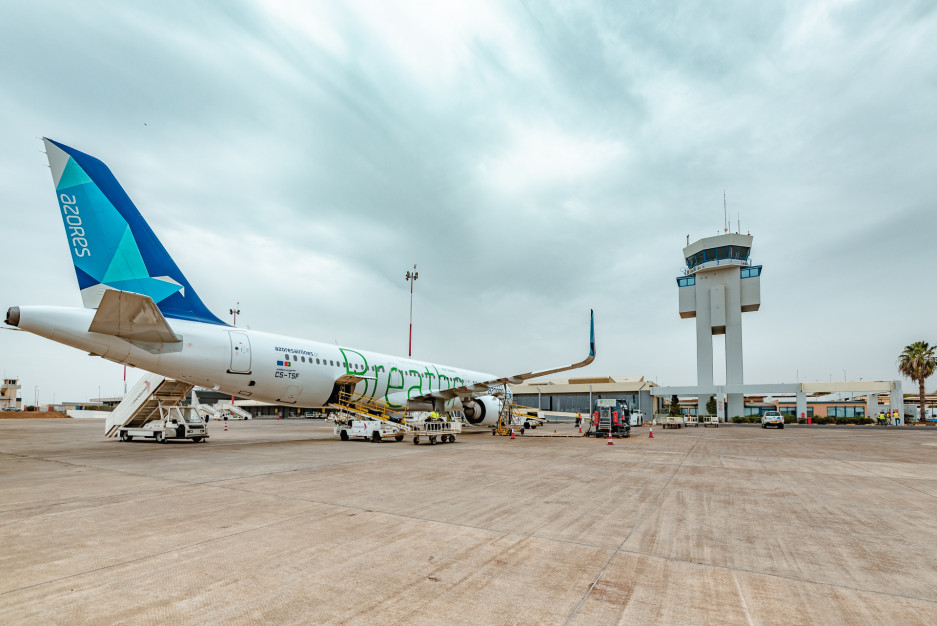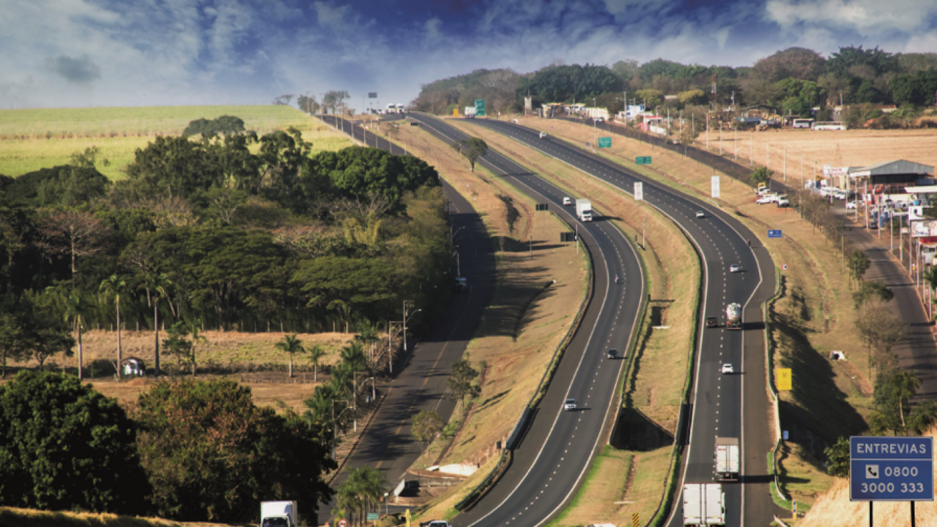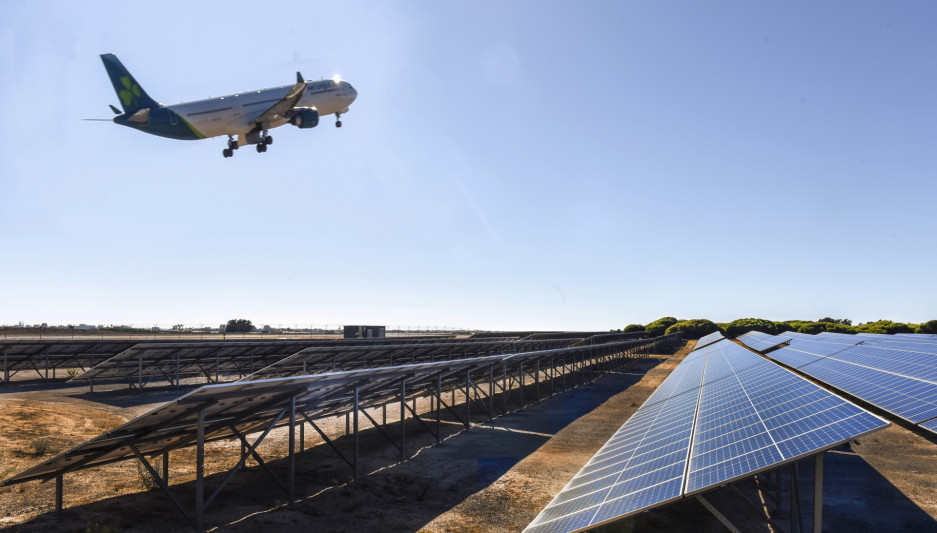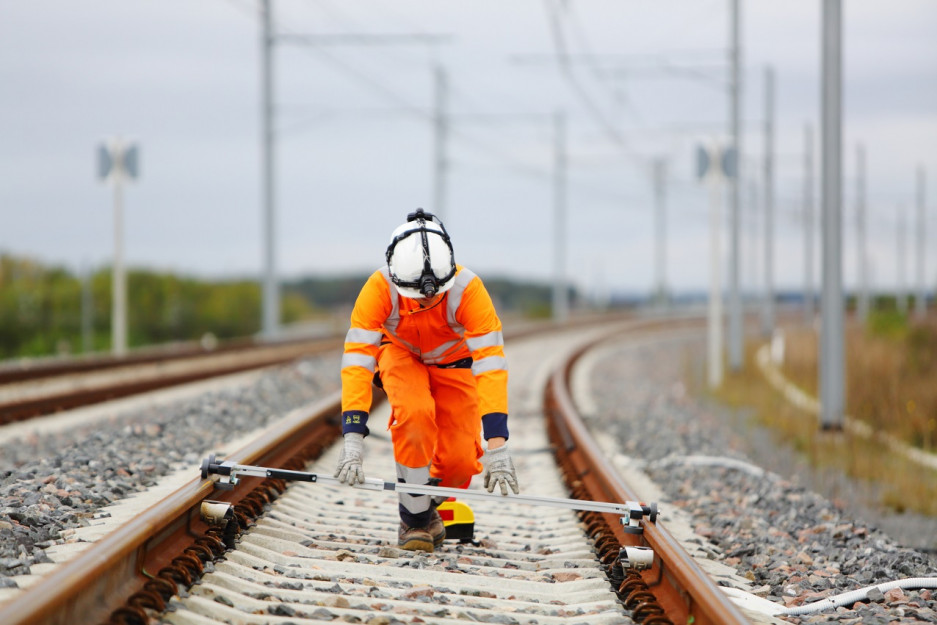
Positive Mobility
eMagTo protect mobility, we must improve it.
The dramatic recovery of our concessions in 2022 proved to us all that mobility is still essential. Despite the restrictions of the pandemic, the need for all kinds of travel – both local and international – remains vital. It was therefore the year of the comeback. The first post Covid trips were visits to family and friends, followed by tourism and, more gradually, business travel. During the pandemic, our infrastructure was able to absorb the impact of the brutal slowdown by launching a cost-cutting plan of unprecedented scope. In 2022, we also successfully managed a dynamic recovery, with excellent operational performance brought about through anticipation, innovation and, most of all, the exemplary commitment of our teams. We were able to double capacity, sometimes even overnight – like at London Gatwick, where we reopened the South Terminal in March 2022. Resuming operations was facilitated by the use of certain innovations. We doubled traffic at our airports in 2022, with strong momentum in the Americas and excellent performance in Europe, particularly in Portugal and Serbia. The lifting of travel restrictions in China will gradually benefit our airports in Asia, where we are preparing for the return of international travellers by renovating Kansai International Airport. Meanwhile, traffic on our highways returned to 2019 levels, with over 240 million transactions. And in rail, the SEA high-speed line continued its recovery in 2022, climbing back to 87% of its 2019 volumes.

We rose to the challenge of this upturn while continuing to prepare for the future by developing a geographically diverse, robust, agile and resilient network. In 2022 we therefore established a new presence in a strategic country, Mexico. It is a major market, where traffic at our airports already exceeds 2019 levels, and presents significant potential for growth, particularly due to its proximity and close ties to the United States. Our partnership with OMA will enable us to create value there by harnessing a diverse portfolio including, for example, Monterrey airport, which we intend to turn into an international hub. Meanwhile, in Cape Verde, we signed a concession contract for the country’s seven airports, where we will use our expertise to develop tourism. We also bolstered our position in Brazil by adding Manaus and six other airports in the Amazon region to our network. And in France, the integration of Annecy airport completed our alpine network. In highways, we signed a partnership agreement for our first concession in Brazil and consolidated our interests in the bridge concessions for the Tagus in Portugal, Prince Edward Island in Canada and Rion-Antirion in Greece. We have also been contracted by the Greek public authorities to extend the Athens-Patras highway concession by a further 75 kilometres. Lastly, we finalised our acquisition of 100% of TollPlus.

The successes of this year are all the more meaningful given that they underpin our positive vision of the future of mobility. Driven by VINCI Group’s environmental ambition, we are doing everything we can to not only drastically cut carbon in our own operations, but also contribute to the decarbonisation of our entire value chain. 2022 was a remarkable year in environmental terms. We are surpassing our targets, having already reduced our direct carbon footprint (Scopes 1 and 2) by 43% compared with 2018 across our portfolio. Our concessions also already generate over 44 MWp of solar electricity, and dozens of hectares of forests are being planted or regenerated to capture our residual emissions in France, Portugal and Peru. On the back of this tangible progress, we have been able to commit to achieving net zero carbon emissions in our own operations (Scopes 1 and 2) by 2030 for all our airports in the European Union and London Gatwick.
“Whenever a new piece of infrastructure anywhere in the world joins the VINCI Concessions family, it becomes part of a network that focuses on making progress, sharing best practices, continuously improving performance and making a tangible commitment to a reduced environmental footprint.”

We uphold our environmental and societal values all over the world, so that mobility can continue playing its role as a bridge between people and regions. Everywhere that we operate, we pay attention to our impact not only on passengers, but also on communities, which are central to our work and give it meaning. Lastly, we care about the professional fulfilment of our employees. Our work on gender equality attests to this, as does the rollout of our mentoring programme, Ellevate, through which we aim to develop our female talents. We know that our long-term performance will be built on the rich diversity of the profiles that we integrate and help develop. By recruiting local talents, training new generations, combatting inequality and stereotypes and increasing the number of women in our businesses, we are creating a lasting, positive impact.

And there can be no positive mobility without safety – both that of our teams, who operate our highway, airport and railway projects, and that of the people who travel on these networks every day. Despite the momentum of the recovery, we have continued to improve our performance in relation to safety, and we must maintain our efforts. The outlook for the coming months is promising. We will continue to work on our major investment programmes, which are often carried out in partnership with VINCI Construction. In Serbia, a new airport hub will take form this year in Belgrade. In Japan, we are redeveloping Kansai airport to offer travellers an innovative and engaging international terminal. In Colombia, we are investing in a more modern highway between Bogotá and Girardot. And in the Czech Republic and Germany, we are continuing to redevelop sections of highway. Continuing to encourage trade and discovery while reducing the carbon footprint of travel is the challenge of the century. But I am convinced that concessions offer a particularly effective model for action, as they enable us to combine the energy of the private and public sectors – driving lasting transformation that benefits everyone.
Nicolas NOTEBAERT, Chief Executive Officer of Concessions at VINCI, President of VINCI Airports and VINCI Autoroutes